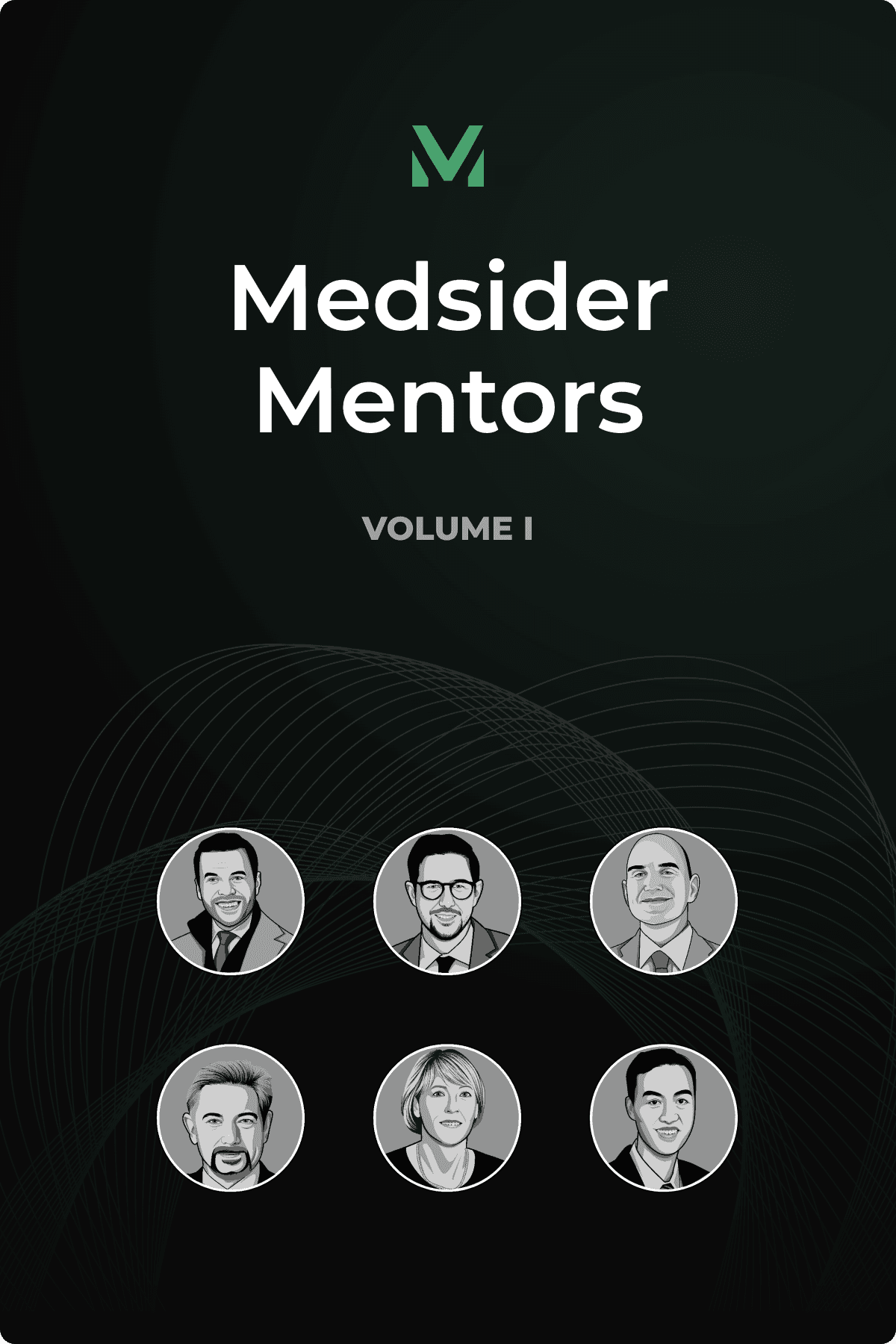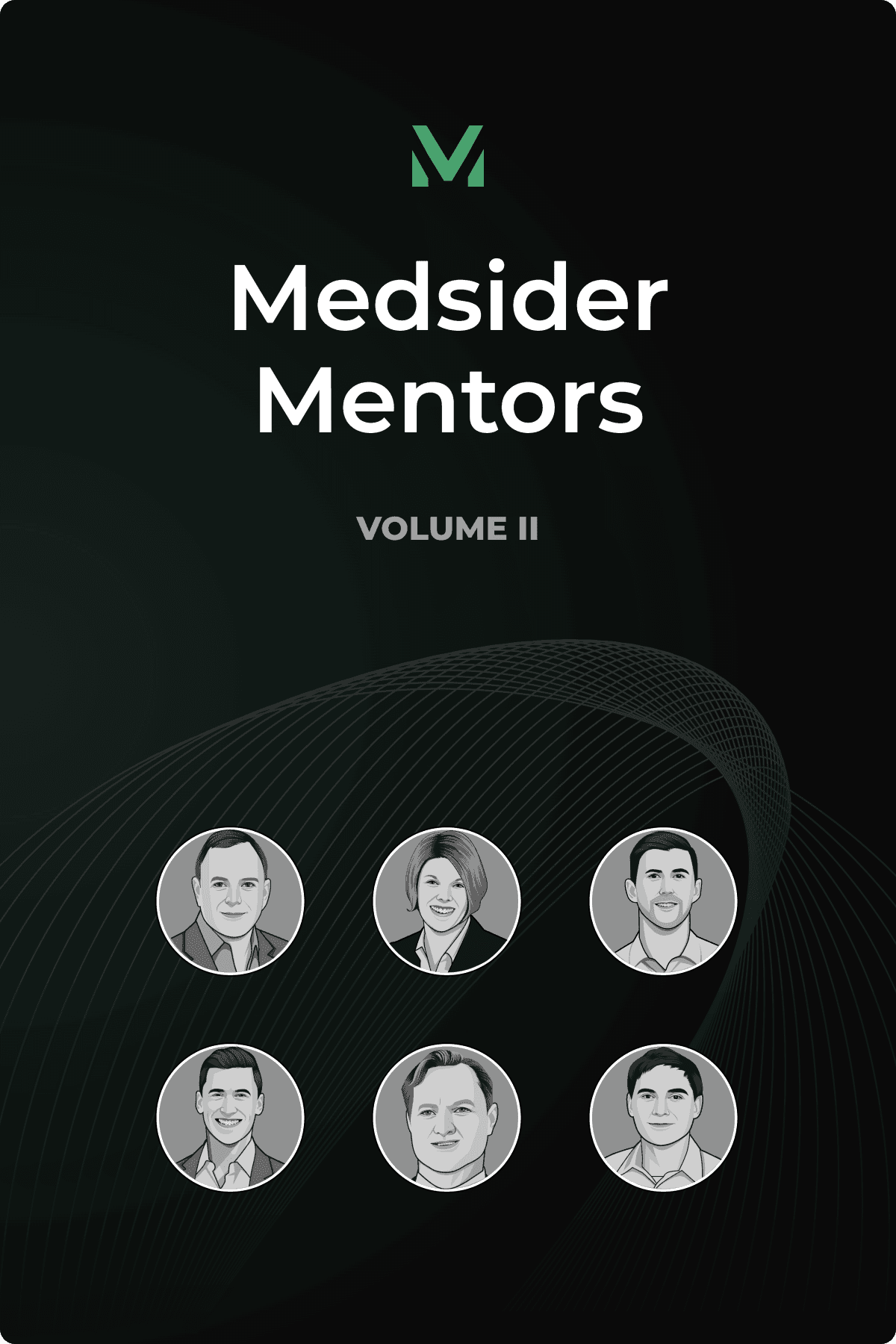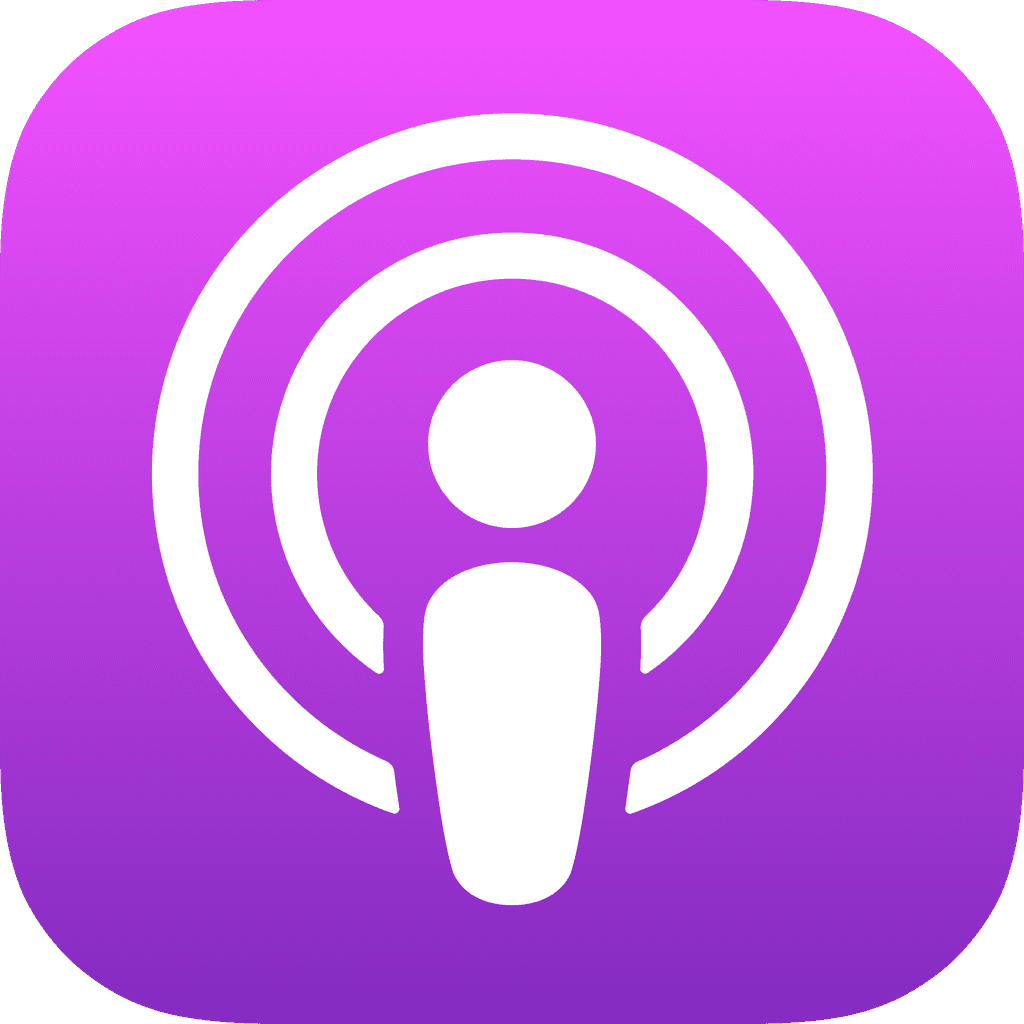The Squeeze of MedTech VCs
Interview with Amy Siegel, Co-Founder of S2N Health

Increasingly, emerging medical device and biotech companies are making real on the threat of not taking money from venture capitalists. And some are managing to advance a long way with no, or relatively little, traditional venture dollars. In this interview, Amy Siegel reveals four trends that are conspiring to make it easier for companies to do the end-around the med-tech VCs.
Before co-founding S2N Health, Amy was VP of Strategic Marketing at Seventh Sense Biosystems and Aspect Medical Systems (acquired by Covidien), where she guided new product development and strategic partnering efforts with market insights and analysis. Prior to her strategic marketing roles in medical device companies, Amy consulted for dozens of large and small med-tech companies and investors with the firms Health Advances and Monitor Company. Amy also worked in the finance sector, structuring Asian trade finance loans for the U.S. Export-Import Bank. Amy earned her B.A. at Tufts University, received a Fulbright scholarship (Germany), and completed her M.A. at The Fletcher School of Law & Diplomacy.
Interview Highlights with Amy Siegel
How med-tech “super angels” have ascended over recent years.
Why and how med-tech incubators have grown up.
Will private equity sneak into the med-tech arena?
Can “Joe Investor” make an impact in the med-tech space?
Amy’s unique work at S2N Health.
You May Like These Articles
Medsider Premium
Become a premium member and unlock access to exclusive Medsider benefits.



